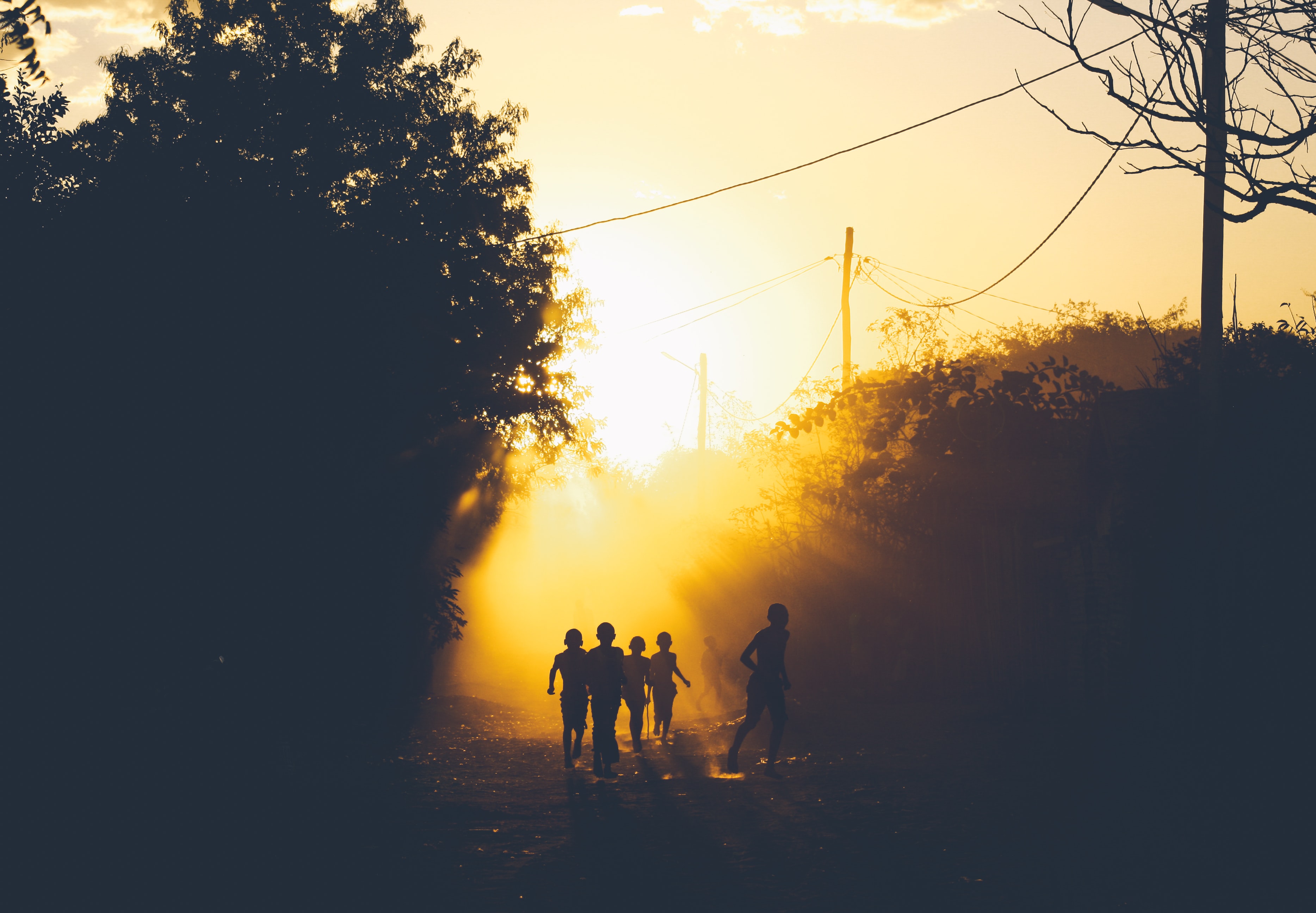
-
Source
Unruly bodies: resistance, (in)action and hysteresis in a public health intervention
Schools have long been sites of public health intervention on the bodies of children. Increasingly, these interventions also act on the bodies of educators. Our case study is an intervention focused on the future health of children’s bodies (‘The Daily Mile’), which, we argue, also resulted in the surveillance of educators’ bodies. We draw on Bourdieu’s concept of hysteresis to explore how those bodies can become ‘unruly’ during implementation, in both resisting and being positioned as reluctant. Hysteresis, an under-utilised Bourdieusian concept, proved useful for exploring embodiment at a point when there were mismatches between habitus and the changing field of primary education. We show how the non-participation of some actors (e.g. teachers) was positioned as part of a broader resistance to health as a dominant value, whereas non-participation of less-privileged social actors (e.g. Teaching Assistants) was problematised in different ways. We argue that attending to moments of hysteresis, in which the changing symbolic values of physical capital become explicit, surfaces not just how dominant discourses (e.g. healthism) become reproduced in fields, but also how they change and are resisted, and with what effects.




